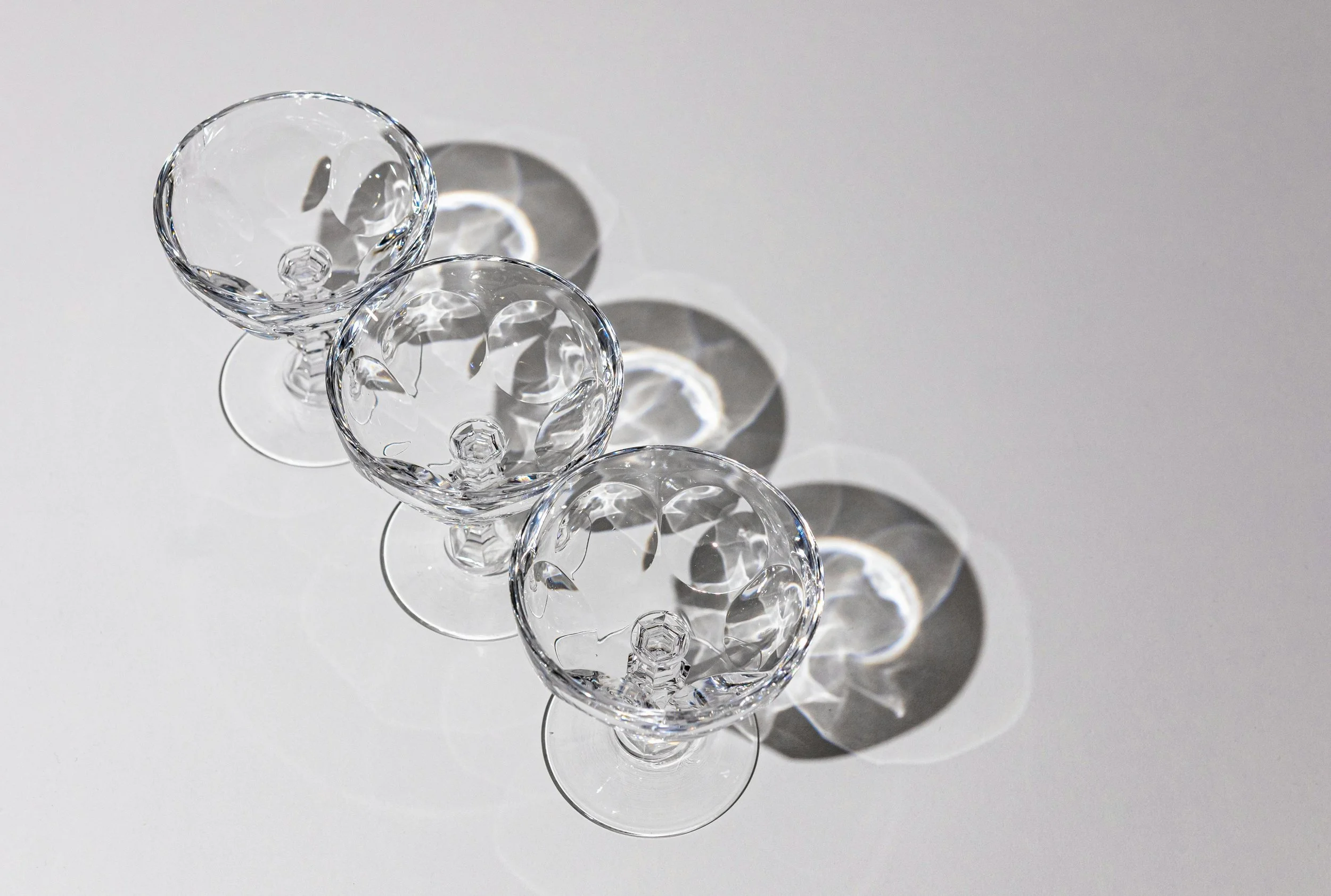Scientific Integrity &
Editorial Standards
Less influence. More intelligence.
Our Standards
How We Keep the Science Honest, and the Stories Human
At The Lab Editorial, longevity is a discipline. Every article we publish is rooted in research, not recycled wellness speak. Our goal is to make complex biochemistry feel human an relevant. But behind every witty line and cultural reference, there’s rigorous sourcing, editorial review, and a deep respect for evidence.
Below are the standards that keep our work both beautiful and believable.
Evidence Comes First
We only cite peer-reviewed studies, and whenever possible, human trials.
Primary preference: human clinical, cohort, and epidemiological studies.
Secondary support: animal or in vitro research, clearly labeled as such.
Never: unverified claims, anecdotal evidence, or “expert” blogs.
If there isn’t solid data, we’ll say so. Speculation belongs in the “emerging research” box — not the headline.
Every Claim Has a Source
We don’t say it works unless the science does.
All physiological or biochemical claims are backed by primary studies — never by secondary reporting. Every article includes a References section linking directly to PubMed or the journal of record.
Every claim is traceable — evidence should never hide behind rhetoric.
We Tell You What We Don’t Know
Science evolves. So do we.
We clearly mark correlation vs. causation, flag sample size limitations, and note where research is preliminary or conflicting. It’s not just about being transparent — it’s about building trust.
No Pseudoscience. No Magic.
You won’t find “miracle molecules,” “detox superfoods,” or “biohacks” here.
We translate mechanisms into accessible language — not buzzwords.
If we say something “supports mitochondrial function,” we mean it mechanistically, not metaphorically.
Balanced by Design
Longevity isn’t about extremes.
Our editorial process requires that every “pro” comes with its “con” or at least its context. Hormesis has a recovery story. Fasting has a hormonal story. We tell both.
Style Meets Substance
We write in plain, vivid language without dumbing down the science.
Every article should make you feel a little smarter, not more confused.
Our voice is curious, credible, and culturally aware, drawing as much from the latest cell biology paper as from the art of living well.
Ethical Transparency
Longevity isn’t about extremes.
Our editorial process requires that every “pro” comes with its “con” — or at least its context. Hormesis has a recovery story. Fasting has a hormonal story. We tell both.
How We Use AI
AI supports our research and editing process — but it doesn’t write for us.
Every article you read is human-conceived, human-edited, and human-approved.
We use AI responsibly for:
Fact-checking references against source material
Structuring outlines or summaries of dense research
Generating visuals or diagrams for clarity
We never use AI to generate full articles, fabricate sources, or imitate a human voice. All AI-assisted content is reviewed by our editorial and science teams before publication.
In short: AI helps us move faster, but never think for us.
Internal Review Protocol
Every story passes through multiple filters before it reaches you:
Scientific accuracy (human study verification)
Brand tone (smart, accessible, stylish)
Editorial clarity (flow, readability, TLDR)
Compliance (educational, not medical advice)
Living Science
Longevity research changes fast, and we keep up.
Articles older than 18 months are re-reviewed for new data. Updated stories are labeled with “Reviewed [Month, Year]” so readers always know what’s current.
Built for Trust
We aim for a citation-to-claim ratio of roughly one study per 100–150 words in research-heavy articles, and at least one per major claim in lifestyle or cultural features.
Integrity isn’t a vibe. It’s our method.
The Bottom Line
Our editorial mission is simple:
To make longevity science feel human, to make human stories feel scientific, and to never let either lose their integrity.
Welcome to the Lab.
Where curiosity becomes discipline.
Reviewed October 2025 by The Lab Editorial Science Team






